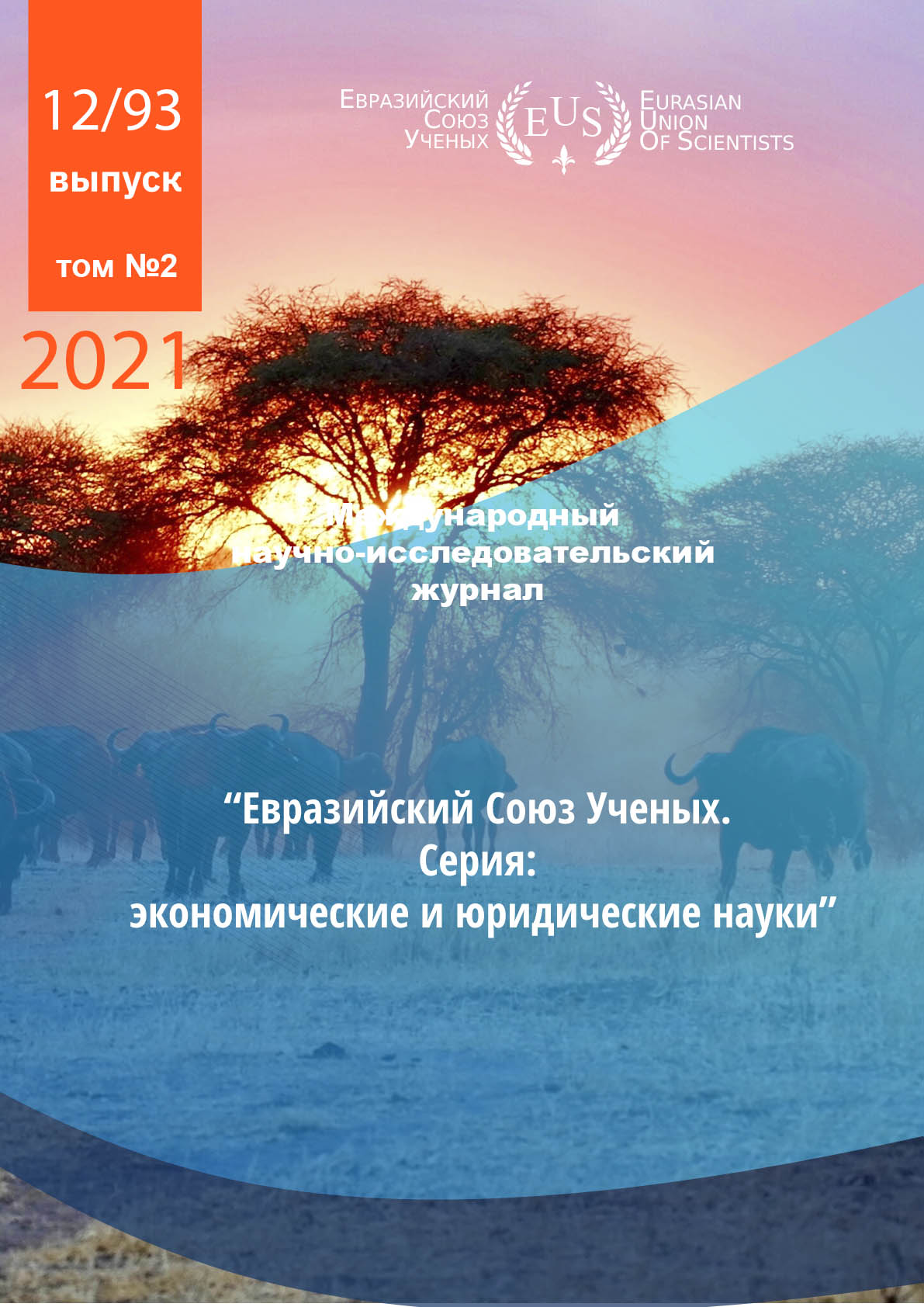LEGAL NATURE OF FUNDAMENTAL HUMAN RIGHTS
Abstract
The article examines the complex legal nature of fundamental human rights and their criteria, analyzes the judicial practice of the Constitutional Court of the Russian Federation, reveals the constitutional and legal meaning of the norms of the Constitution of the Russian Federation, which create the legal basis for fundamental rights.
References
2. Prava cheloveka. Uchebnik dlja vuzov / otv. red. E.A. Lukasheva. M.: Norma, 2001. 573 s.
3. Habrieva T.Ja., Chirkin V.E. Teorija sovremennoj konstitucii. M.: Norma, 2005. 320 s.
4. Hesse K. Osnovy konstitucionnogo prava FRG / per. s nem. E.A. Sidorovoj. M.: Juridicheskaja literatura, 1981. 368 c.
CC BY-ND
A work licensed in this way allows the following:
1. The freedom to use and perform the work: The licensee must be allowed to make any use, private or public, of the work.
2. The freedom to study the work and apply the information: The licensee must be allowed to examine the work and to use the knowledge gained from the work in any way. The license may not, for example, restrict "reverse engineering."
2. The freedom to redistribute copies: Copies may be sold, swapped or given away for free, in the same form as the original.







